
Recommendation
Cryptocurrencies are rapidly gaining popularity, so speculation abounds on whether they will ever supplant cold hard cash. If a virtual currency does push fiat money to the curb, central banks’ monetary policy making could become ineffective. In this incisive analysis, economists Grégory Claeys, Maria Demertzis and Konstantinos Efstathiou take an objective look at the broad scope of the role of money in an economy, and they make a strong case for why cryptocurrencies are unlikely to replace official currencies any time soon. getAbstract recommends this useful primer on money and society to investors, financial executives and cryptocurrency enthusiasts.
Summary
About the Authors
Grégory Claeys, Maria Demertzis and Konstantinos Efstathiou are economists at Bruegel, a European think tank.








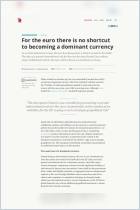
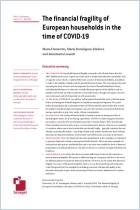

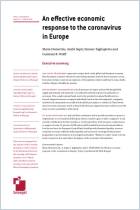
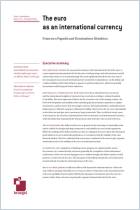
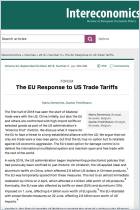
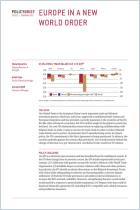












Comment on this summary or Comenzar discusión